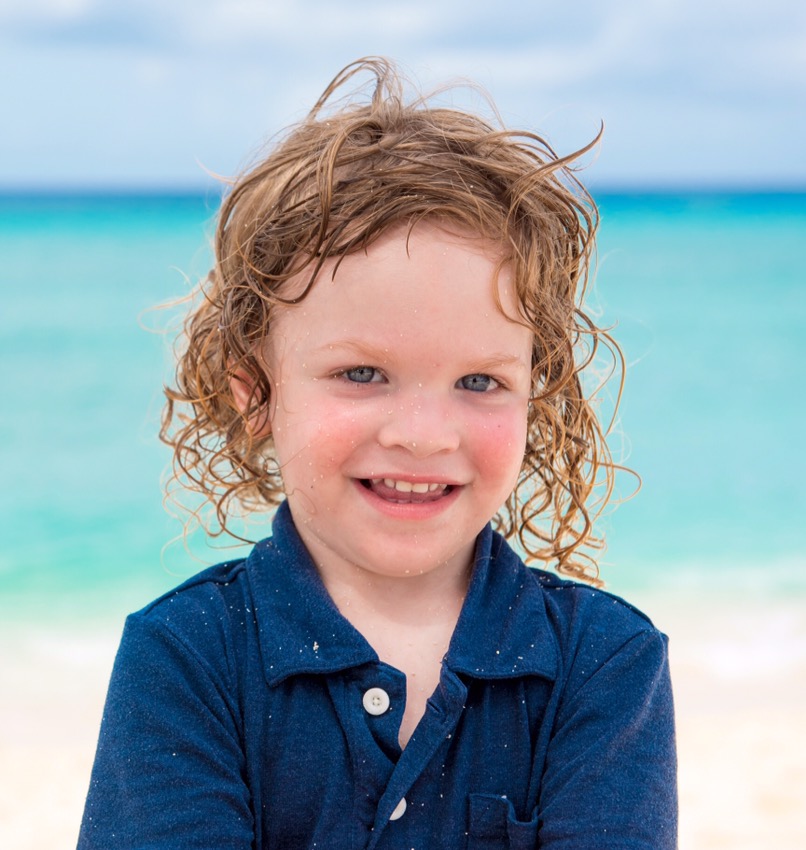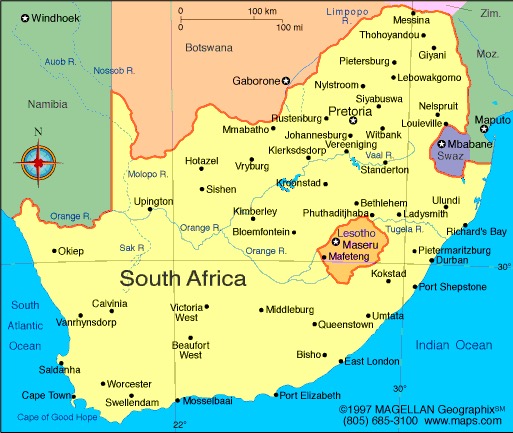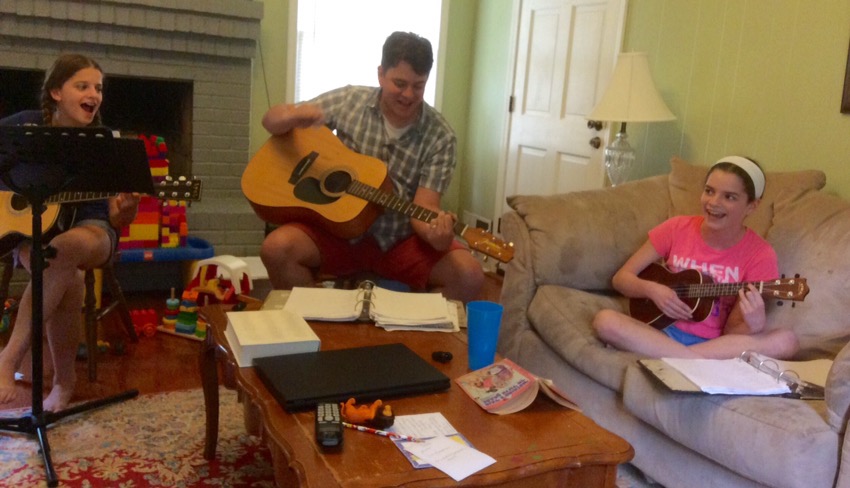May 3
First, I promised you a link to Zoe’s blog, so here it is http://traveltween.blogspot.com/. And, just remember, I’m gonna have to deal with this kid for 2 1/2 weeks. To make it clear, I am not going to review or edit her posts, so, if she uses obscene language or otherwise offends you, don’t blame me 😄.
Carol and I have been in Atlanta since Sunday, enjoying family and friends. Spent Sunday afternoon with Carol’s Brandeis classmate, Eve Levine, and her husband, David. As we hadn’t seen them in a couple years, it was great to have a full afternoon to catch up.
Then on Monday, we got to have brunch with our good friends from San Francisco, Steve and Karen Sugarman, with whom we’ve traveled in the past, including to the South of India. Steve teaches law at Berkeley, and has been a friend since we started law school together at Northwestern. He was in Atlanta for a conference. It’s always a treat to spend time with Steve and Karen.
The rest of our Atlanta time was spent with Zoe, Phoebe and Max (and, oh yes, Wendy and Chris). Zoe and Phoebe performed in a showcase, which was part of the reason we came in to Atlanta a few days early. Not hey we’re both terrific (naturally), but there were too many non-grandchild numbers, in my opinion. This morning I spent 1 hour 16 minutes in charge of Maxi, age 3 1/2 years. We had a great time, and I think I would have been good for at least another six minutes, if his mommy had not come back. Photo below is from Grand Cayman, June, 2015.
We had a family post-lunch hootenanny on Tuesday, with Phoebe and Chris on guitars, and Zoe on the ukele. They are an awesome trio, taught by Chris, playing many of the songs that were popular in our youth.
Okay, ready for a history lesson? If not, glance at the map below and rejoin us on the next post.
 Normally, I steal and piece together information about countries to which we travel from several sources. This time, though, the historical description below is from Information Please. It certainly is not complete, but it was about as long as I thought most of you could tolerate. If I’m wrong, you can get a fuller description from the South African government website, http://www.gov.za/about-sa/history or on Wikipedia, https://en.m.wikipedia.org/wiki/South_Africa. The first five general paragraphs below are adapted from Wikipedia.
Normally, I steal and piece together information about countries to which we travel from several sources. This time, though, the historical description below is from Information Please. It certainly is not complete, but it was about as long as I thought most of you could tolerate. If I’m wrong, you can get a fuller description from the South African government website, http://www.gov.za/about-sa/history or on Wikipedia, https://en.m.wikipedia.org/wiki/South_Africa. The first five general paragraphs below are adapted from Wikipedia.
South Africa, officially the Republic of South Africa, is the southernmost sovereign state in Africa. It is bounded on the south by 2,798 kilometers of coastline of Southern Africa stretching along the South Atlantic and Indian Oceans, on the north by the neighboring countries of Namibia, Botswana and Zimbabwe, and on the east by Mozambique and Swaziland, and surrounding the kingdom of Lesotho. South Africa is the 25th-largest country in the world by land area, and with close to 53 million people (note: about 55 million now), is the world’s 24th-most populous nation. It is the southernmost country on the mainland of the Old World or the Eastern Hemisphere.
South Africa is a multiethnic society encompassing a wide variety of cultures, languages, and religions. Its pluralistic makeup is reflected in the constitution’s recognition of 11 official languages, which is among the highest number of any country in the world. Two of these languages are of European origin: Afrikaans developed from Dutch and serves as the first language of most white and coloured South Africans; English reflects the legacy of British colonialism, and is commonly used in public and commercial life, though it is fourth-ranked as a spoken first language.
The country is one of the few in Africa never to have had a coup d’état, and regular elections have been held for almost a century. However, the vast majority of black South Africans were not enfranchised until 1994. During the 20th century, the black majority sought to recover its rights from the dominant white minority, with this struggle playing a large role in the country’s recent history and politics. The National Party imposed apartheid in 1948, institutionalizing previous racial segregation. After a long and sometimes violent struggle by the African National Congress and other anti-apartheid activists both inside and outside the country, discriminatory laws began to be repealed or abolished from 1990 onwards.
About 80 percent of South Africans are of Sub-Saharan African ancestry, divided among a variety of ethnic groups speaking different Bantu languages, nine of which have official status. The remaining population consists of Africa’s largest communities of European (white), Asian (Indian), and multiracial (coloured) ancestry. Since 1994, all ethnic and linguistic groups have had political representation in the country’s democracy, which comprises a parliamentary republic and nine provinces. South Africa is often referred to as the “Rainbow Nation” to describe the country’s newly developing multicultural diversity in the wake of segregationist apartheid ideology.
Until late 2015, the World Bank classified South Africa as an upper-middle-income economy. South Africa today is a developed country and a newly industrialized country. Its economy is the second-largest in Africa, and the 34th-largest in the world. In terms of purchasing power parity, South Africa has the seventh-highest per capita income in Africa. However, poverty and inequality remain widespread, with about a quarter of the population unemployed and living on less than US$1.25 a day. Nevertheless, South Africa has been identified as a middle power in international affairs, and maintains significant regional influence.
History
The San people were the first settlers; the Khoikhoi and Bantu-speaking tribes followed. The Dutch East India Company landed the first European settlers on the Cape of Good Hope in 1652, launching a colony that by the end of the 18th century numbered only about 15,000. Known as Boers or Afrikaners, and speaking a Dutch dialect known as Afrikaans, the settlers as early as 1795 tried to establish an independent republic.
After occupying the Cape Colony in that year, Britain took permanent possession in 1815 at the end of the Napoleonic Wars, bringing in 5,000 settlers. Anglicization of government and the freeing of slaves in 1833 drove about 12,000 Afrikaners to make the “great trek” north and east into African tribal territory, where they established the republics of the Transvaal and the Orange Free State.
The discovery of diamonds in 1867 and gold nine years later brought an influx of “outlanders” into the republics and spurred Cape Colony prime minister Cecil Rhodes to plot annexation. Rhodes’s scheme of sparking an “outlander” rebellion, to which an armed party under Leander Starr Jameson would ride to the rescue, misfired in 1895, forcing Rhodes to resign. What British expansionists called the “inevitable” war with the Boers broke out on Oct. 11, 1899. The defeat of the Boers in 1902 led in 1910 to the Union of South Africa, composed of four provinces, the two former republics, and the old Cape and Natal colonies. Louis Botha, a Boer, became the first prime minister. Organized political activity among Africans started with the establishment of the African National Congress in 1912.
South Africa’s Independence is Tarnished by Apartheid
Jan Christiaan Smuts brought the nation into World War II on the Allied side against Nationalist opposition, and South Africa became a charter member of the United Nations in 1945, but he refused to sign the Universal Declaration of Human Rights. Apartheid—racial separation—dominated domestic politics as the Nationalists gained power and imposed greater restrictions on Bantus (black Africans), Asians, and Coloreds (in South Africa the term meant any nonwhite person). Black voters were removed from the voter rolls in 1936. Over the next half-century, the nonwhite population of South Africa was forced out of designated white areas. The Group Areas Acts of 1950 and 1986 forced about 1.5 million Africans to move from cities to rural townships, where they lived in abject poverty under repressive laws.
South Africa declared itself a republic in 1961 and severed its ties with the Commonwealth, which strongly objected to the country’s racist policies. The white supremacist National Party, which had first come to power in 1948, would continue its rule for the next three decades.
In 1960, 70 black protesters were killed during a peaceful demonstration in Sharpesville. The African National Congress (ANC), the principal antiapartheid organization, was banned that year, and in 1964 its leader, Nelson Mandela, was sentenced to life imprisonment. Black protests against apartheid grew stronger and more violent. In 1976, an uprising in the black township of Soweto spread to other black townships and left 600 dead. Beginning in the 1960s, international opposition to apartheid intensified. The UN imposed sanctions, and many countries divested their South African holdings.
Apartheid’s grip on South Africa began to give way when F. W. de Klerk replaced P. W. Botha as president in 1989. De Klerk removed the ban on the ANC and released its leader, Nelson Mandela, after 27 years of imprisonment. The Inkatha Freedom Party, a black opposition group led by Mangosuthu Buthelezi, which was seen as collaborating with the apartheid system, frequently clashed with the ANC during this period.
Apartheid is Abolished; Mandela Becomes President
In 1991, a multiracial forum led by de Klerk and Mandela, the Convention for a Democratic South Africa (CODESA), began working on a new constitution. In 1993, an interim constitution was passed, which dismantled apartheid and provided for a multiracial democracy with majority rule. The peaceful transition of South Africa from one of the world’s most repressive societies into a democracy is one of the 20th century’s most remarkable success stories. Mandela and de Klerk were jointly awarded the Nobel Peace Prize in 1993.
The 1994 election, the country’s first multiracial one, resulted in a massive victory for Mandela and his ANC. The new government included six ministers from the National Party and three from the Inkatha Freedom Party. A new national constitution was approved and adopted in May 1996.
In 1997 the Truth and Reconciliation Commission, chaired by Desmond Tutu, began hearings regarding human rights violations between 1960 and 1993. The commission promised amnesty to those who confessed their crimes under the apartheid system. In 1998, F. W. de Klerk, P.W. Botha, and leaders of the ANC appeared before the commission, and the nation continued to grapple with its enlightened but often painful and divisive process of national recovery.
Mbeki Takes Over From Mandela
Nelson Mandela, whose term as president cemented his reputation as one of the world’s most farsighted and magnanimous statesmen, retired in 1999. On June 2, 1999, Thabo Mbeki, the pragmatic deputy president and leader of the ANC, was elected president in a landslide, having already assumed many of Mandela’s governing responsibilities.
In his first term, Mbeki wrestled with a slumping economy and a skyrocketing crime rate. South Africa, the country with the highest number of HIV-positive people in the world (6.5 million in 2005), has been hampered in fighting the epidemic by its president’s highly controversial views. Mbeki has denied the link between HIV and AIDS and claimed that the West has exaggerated the epidemic to boost drug profits. The international community as well as most South African leaders, including Nelson Mandela and Desmond Tutu, have condemned Mbeki’s stance. In 2006, 60 international scientists called the government’s policies “disastrous and pseudo-scientific.”
As expected, on April 15, 2004, the African National Congress won South Africa’s general election in a landslide, taking about 70% of the vote, and Thabo Mbeki was sworn in for a second term.
In Dec. 2007, African National Committee delegates chose Jacob Zuma as their leader, ousting Mbeki, who had been in control of the party for the last ten years. Zuma was acquitted of rape charges in 2006. In late December, prosecutors reopened corruption charges against Zuma and ordered him to face trial for “various counts of racketeering, money laundering, corruption, and fraud.” He was accused of accepting more than $440,000 in bribes in exchange for helping a friend, Schabir Shaik, secure $5 billion in an arms deal and other government contracts. Zuma’s lawyers accused Mbeki of trying to sabotage Zuma’s political career. A High Court judge dismissed the corruption charges against Zuma in September 2008, saying the government mishandled the prosecution. The judge also criticized President Mbeki for attempting to influence the prosecution of Zuma.
Motlanthe Serves as “Interim” President; Opposition to the ANC Grows
Under pressure from leaders the African National Congress (ANC), Mbeki announced he would step down just days after Zuma was cleared. While party leader’s cited Mbeki’s alleged interference in the corruption case against Zuma, Mbeki’s resignation culminated several years of bitter infighting between Zuma and Mbeki, which led to discord in the ANC. On Sep. 25, Parliament elected Kgalema Motlanthe, a labor leader who was imprisoned during apartheid, as president. Zuma must be a member of Parliament before he can be elected president. Parliamentary elections are expected in early 2009.
On his first day as president, Motlanthe acted to move beyond Mbeki’s resistance to using modern and effective methods, such as antirretroviral medicines, to tackle its AIDS crisis by replacing South Africa’s health minister, Manto Tshabalala-Msimang, who has suggested that garlic, lemon juice, and beetroot could cure AIDS, with Barbara Hogan. “The era of denialism is over,” she said. More than 5.7 million South Africans are HIV-positive, the highest number of any country in the world.
In November, about 6,400 dissident members of the ANC held a convention in Johannesburg and decided to form a new party that will challenge the leadership of the ANC. The delegates, many of whom supported former president Mbeki, expressed dissatisfaction with the leadership of the party, calling it corrupt, authoritarian, and “rotting.” In December, the new party, the Congress of the People (COPE), selected former defense minister Mosiuoa Lekota as its president.
Zuma Assumes the Presidency
South African’s Supreme Court reinstated corruption charges against Zuma in January 2009, saying that a lower court had “overstepped” its authority in dismissing the charges. However, the country’s prosecuting authority dropped all charges against Zuma in April, about two weeks before national elections, citing “intolerable abuse” by investigators who were loyal to former president Mbeki.
In April’s general election, the ruling party, the African National Congress, won overwhelming support, taking 65.9% of the vote, just shy of a two-thirds majority, which is required to change the constitution. Parliament elected Zuma president in May.
In Dec. 2012, Zuma was again elected leader of the African National Congress, which stands him in good stead for the 2014 presidential elections. Many considered this a significant victory for Jacob Zuma, achieved in spite of criticism for his goverment’s handling of the wage protests in Marikana in which 34 people were brutally killed by police.
Mandela Dies
Olympic runner and national hero Oscar Pistorius was arrested in February 2013 and charged with the shooting death of his girlfriend, Reeva Steenkamp. She was found dead in his apartment. Pistorius denied he killed her and was released on bail. His trial began in April 2014. He testified that he shot Steenkamp by mistake, believing she was an intruder in the bathroom. He was found guilty of of culpable homicide, which is similar to manslaughter, in September 2014 and sentenced to five years in jail.
On Dec. 5, 2013, Nelson Mandela died at age 95. He had been in ill health for several months after battling a lung infection. South Africans and people all over the world mourned his death but at the same time celebrated his remarkable life.
ANC Prevails in 2014 Elections; Army Called in to Quell Anti-Immigrant Violence
The ANC took 62.2% of the vote in May 2014 elections, handing Zuma a second term as president. The opposition Democratic Alliance placed second, 22.2%. Despite its landslide victory, the ANC has seen its popularity diminish in recent years due to allegations of corruption, growing income inequality, and disenchantment with Zuma.
South Africa was hit by a spate of attacks on immigrants in March and April 2015. Several people were killed in the violence. Most of the victims were Africans from nearby countries who run small businesses. As South Africa’s economy has suffered, anti-immigrant sentiment has increased. The surge in violence followed comments by the Zulu king, Goodwill Zwelithini, who demanded that the immigrants leave and referred to them as “lice” and “ants.” The South African troops were deployed to end the violence.
And tomorrow we take off.


Fabulous!! We know Chris. I don’t have his face in my head and heart for nearly as long as I have Wendy’s (from birth), but just thinking that the children all look like Wendy so much it really makes me smile. They are adorable and lovely! This trip will be a life long memory. I am glad it will be documented so well. Bon Voyage!!
Great combination of warm fuzzy, interesting and informative. Thank you so much and have a smooth flight. Love the photos.
Have a great flight, you guys! Please let’s face time SOON!!!!!